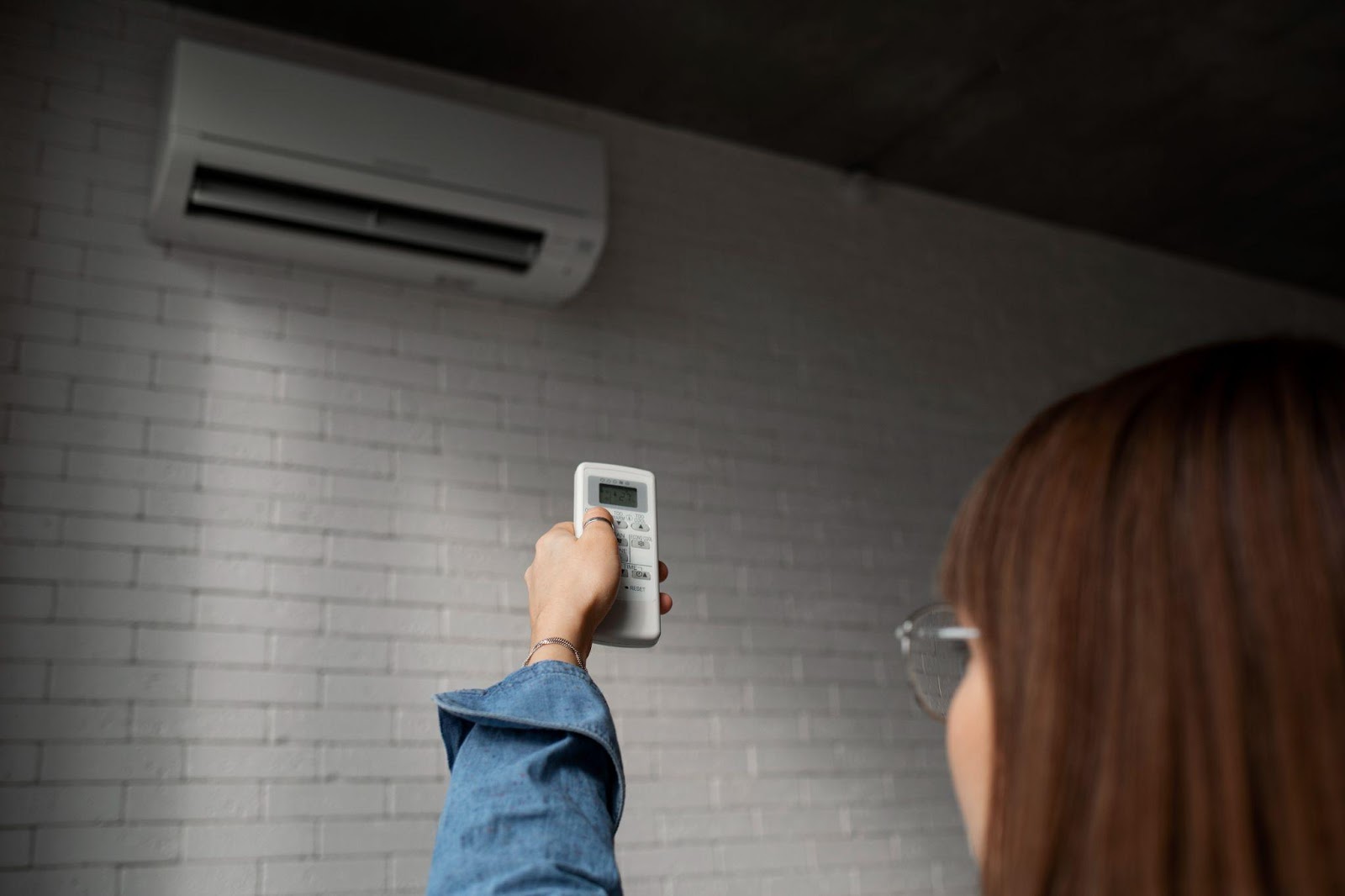Energy-Saving Tips: Maximising the Efficiency of Your Air Conditioners

Are you weary of the excessive energy bills that the summer season brings? Or maybe you're keen on going green and doing your part to reduce your carbon footprint. Looking at your home's key energy consumers is essential, with air conditioners often topping the list. However, cooling your house doesn't have to break the bank or the environment. With a few practical tips, your ducted air conditioning system can operate far more efficiently. This article will guide you on squeezing every coolness out of your air conditioner without unnecessarily draining your wallet or the planet's resources.
Understanding the Basics of Air Conditioning Efficiency
An air conditioner's energy efficiency largely depends on how well it converts electrical power into cooling power. This is generally quantified by the Energy Efficiency Ratio (EER) or the Seasonal Energy Efficiency Ratio (SEER). The higher these figures, the better the air conditioner's energy efficiency.
However, regardless of your air conditioner's EER or SEER, there's a lot you can do to improve its performance and cut back on your energy costs. Now, let's break down some of these energy-saving tips.
Regular Maintenance and Cleanliness
Regularly maintaining and cleaning your air conditioner is crucial in maximising its efficiency. Dust and dirt can accumulate on the air filters, leading to impaired airflow and a significant drop in cooling efficiency. It is recommended to clean your filters every few months or even monthly during heavy use periods.
Similarly, the evaporator and condenser coils should also be kept clean. If these coils are covered in dust, the system will need to work harder, using more energy to achieve the same cooling effect.
Optimise Thermostat Settings
One of the simplest yet effective energy-saving tips is to optimise your thermostat settings. Rather than keeping your air conditioner at full blast all day, consider setting your thermostat slightly higher. For every degree raised in the 24-26°C range, you can save up to 10% on your cooling costs.
Invest in a programmable or smart thermostat to regulate temperature automatically based on your usage patterns. For instance, it can switch off or reduce the cooling when no one is home and start cooling down shortly before people return.
Strategic Use of Windows and Curtains
Your windows and curtains can be used strategically to control the heat entering your house, reducing the load on your air conditioner. During the day, close your curtains or blinds to block the sun's rays. Conversely, open them at night to allow cooler air to circulate.
Moreover, consider investing in thermal or blackout curtains or reflective window films. These can significantly reduce the amount of heat gain from the sun.
Utilise Ceiling Fans
If your home has ceiling fans, use them with your air conditioner. Ceiling fans can circulate the cool air more effectively, allowing you to set the thermostat at a higher temperature without sacrificing comfort.
The Long-term View: Upgrading Your Air Conditioner
While these tips can help improve your current air conditioner's efficiency, keeping the long-term perspective in mind is important. If your air conditioner is outdated, it may be far less efficient than modern units. Upgrading to a newer, more energy-efficient model could lead to significant energy and cost savings in the long run.
Conclusion
In today's climate, both literally and figuratively, it's more important than ever to take steps to reduce energy consumption. Maximising the efficiency of your air conditioner is a practical way to achieve this goal. You can keep cool by maintaining your air conditioner regularly, optimising thermostat settings, strategically using windows and curtains, and considering an upgrade to a more efficient model while being kind to your wallet and our planet. Every effort counts in making a difference. Don't let your air conditioner be the reason you sweat over high energy bills this summer.




